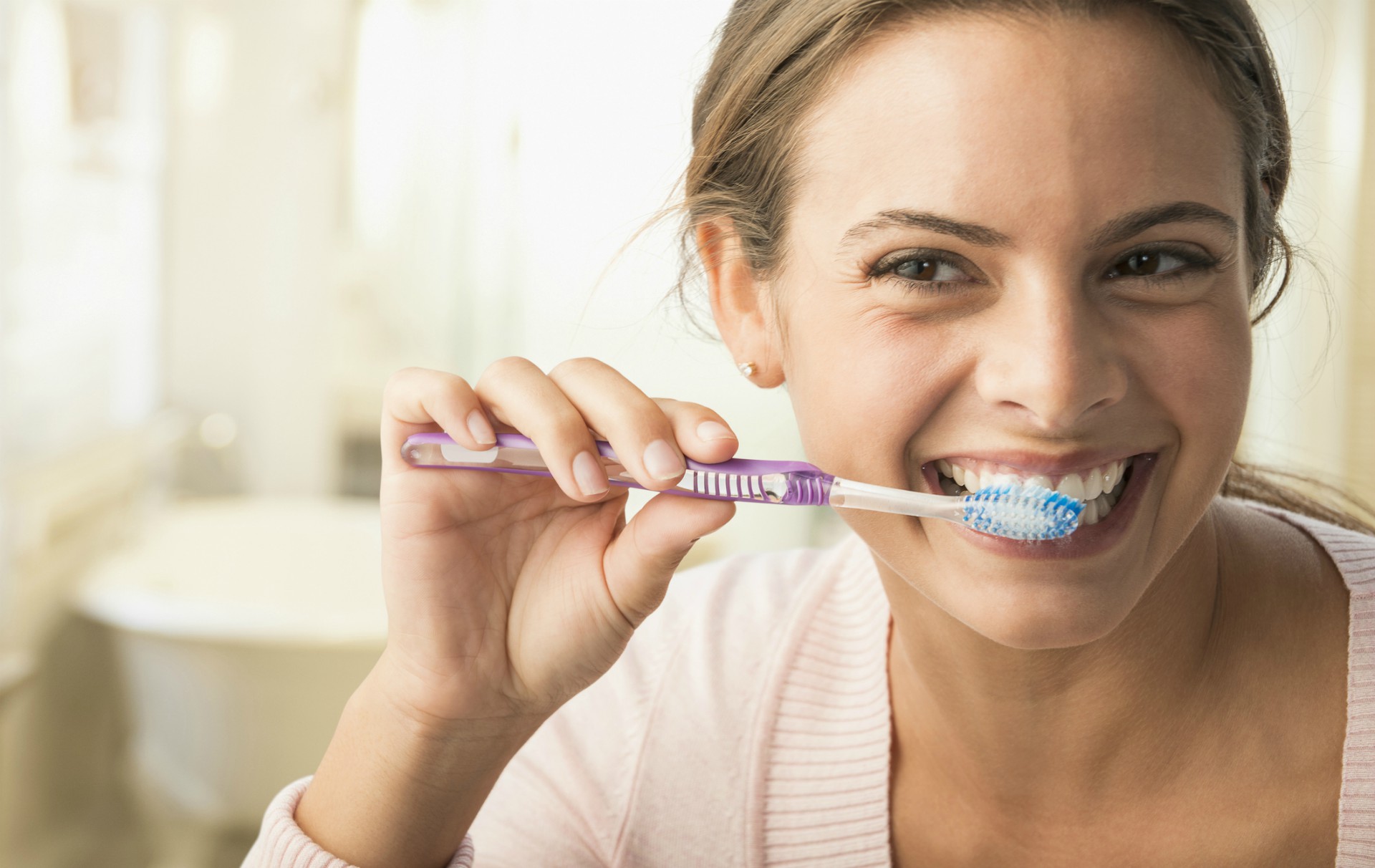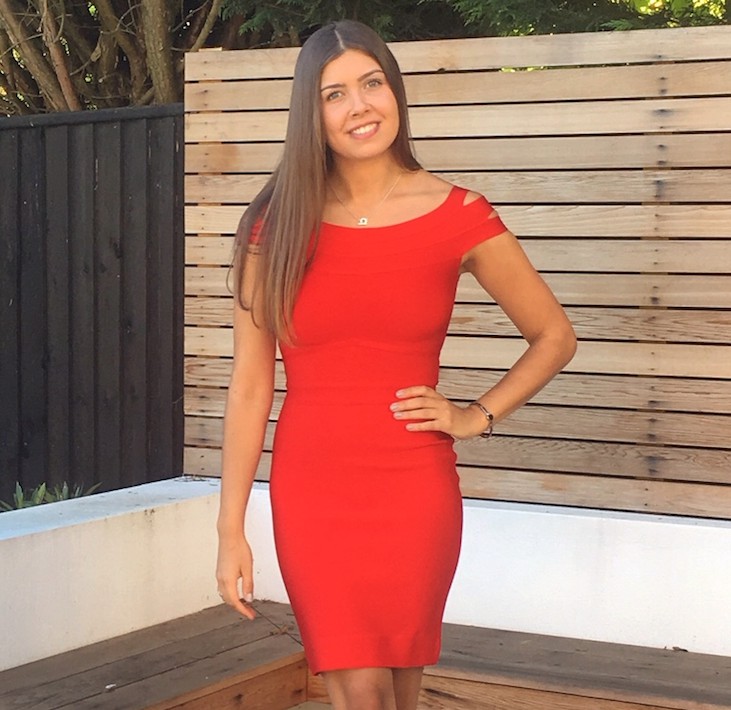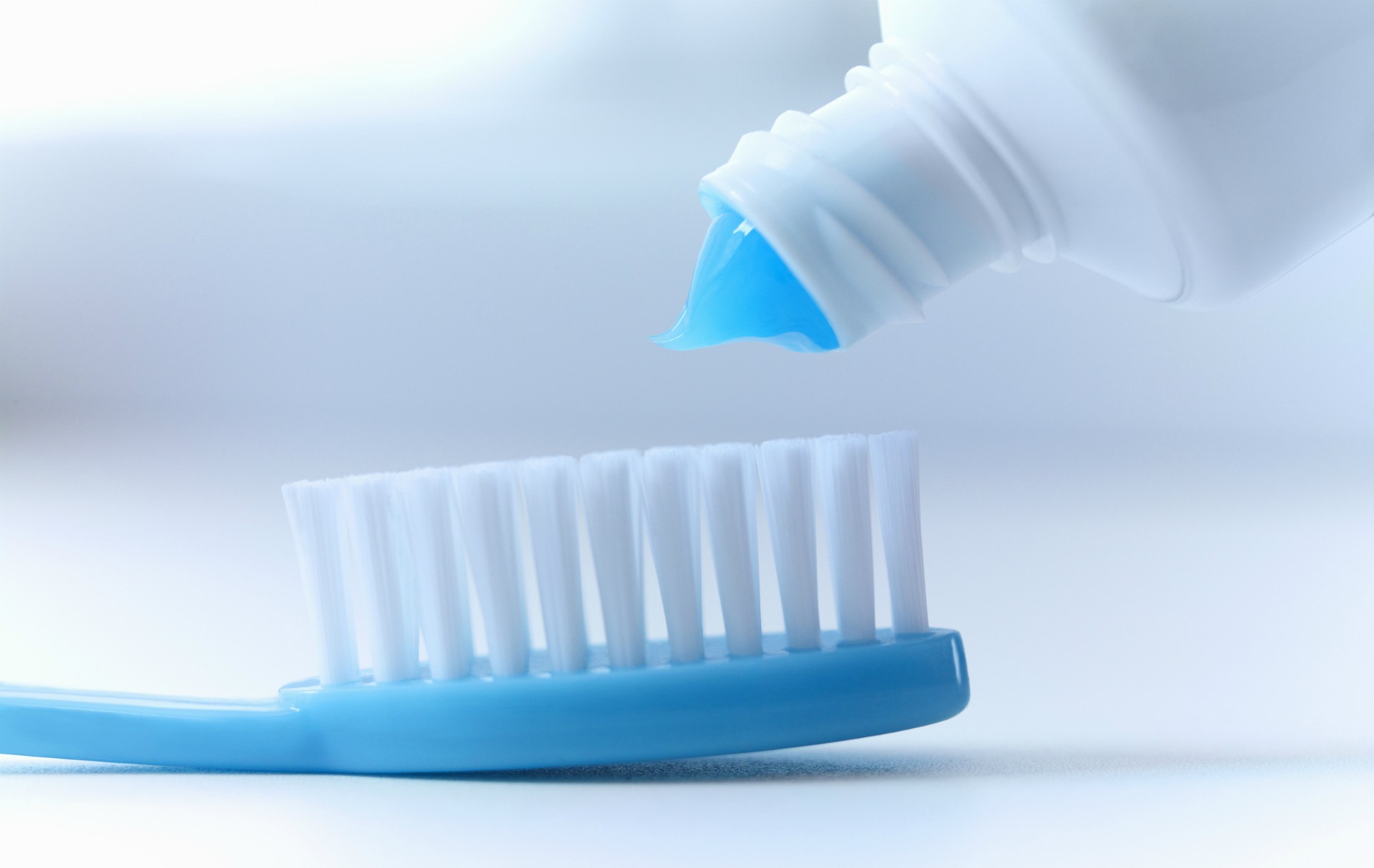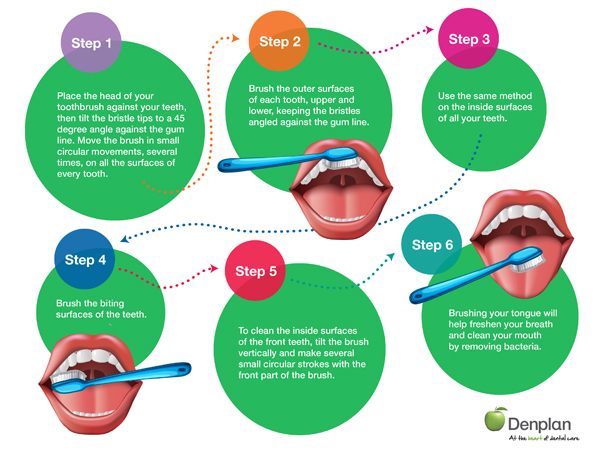How to brush your teeth: Have we been brushing our teeth all wrong?
According to the experts, we've been making some serious mistakes...


To most of us, the process of how to brush your teeth seems like a pretty straightforward exercise. Toothpaste, floss, mouthwash - right?
Well actually, wrong - or at least according to the experts, who say that most of us brush our teeth in completely the wrong way without even realising.
Not only are one in four adults not brushing their teeth twice a day, but only 31% are using mouthwash and just 21% use dental floss. The key to brushing your teeth the right way, says dentist and co-founder of WhiteWash Laboratories Matthew Lloyd, is to use all three, but not in the order you might expect.
In fact, he suggests using floss, then mouthwash, and brushing to finish, to maintain a healthy, happy smile.
'As a general rule, the reason I champion the Floss-Wash-Brush regime is simply down to the fact it is better to remove plaque and food debris with floss before rinsing the bacteria away with an alcohol-free mouth wash,' Matthew explains.
'Ideally, you should finish your oral care routine by brushing your teeth. That way, the toothpaste stays in contact with your teeth and gums for longer and will therefore provide better protection.'

And it's not just how you brush, but when you brush that you should be considering - and it's definitely not straight after breakfast. 'It is the worst thing you can do,' Dr Mervyn Druian of the London Centre for Cosmetic Dentistry tells the Daily Mail.
GoodtoKnow Newsletter
Parenting advice, hot topics, best buys and family finance tips delivered straight to your inbox.
'Eating food causes a build-up of acid in the mouth, which softens the enamel temporarily — and drinking fruit juice makes the mouth even more acidic.'
'If you brush your teeth straight afterwards, you are brushing away soft enamel which can lead to sensitive teeth. I always recommend brushing teeth as soon as you wake up, and not again until you're about to go to bed.'
Dental specialists Denplan have a handy infographic that shows you exactly how you should be using your brush to get the best results:

Now that you've got your routine in order, Matthew's also got a few other hacks to help you keep your teeth in tip-top condition.
How to brush your teeth
Brush before breakfast 'This is the ideal time to brush your teeth as tooth decay is caused by the bacteria in our mouths using the food we eat to produce acid, causing our teeth to decay,' Matthew reveals. If you're used to brushing after you've eaten, it's time to switch it up...
Go alcohol free No, we don't mean giving up your daily glass of vino (although tooth-wise, it wouldn't hurt either). Alcohol is the main ingredient in a lot of oral hygiene products designed to kill bad bacteria, but it kills good bacteria in the mouth as well, so it's preferable to go without.
Take two minutes, twice a day If you're not using an electric brush with a timer, use the timer on your phone to ensure you brush your teeth for at least two minutes brushing your teeth. Remember it's twice a day, every day - no excuses!
Avoid eating for an hour before bed This is so the saliva in your mouth has a chance to clear away food debris and neutralise acid before you get on with your cleaning routine.
Use a pea-sized amount of toothpaste 'I often get asked how much toothpaste you should use on your toothbrush when you brush your teeth,' Matthew says. The answer? A pea-sized amount should do the trick.
Don't wet toothbrush bristles straight away It's an automatic habit for most of us, but it turns out that you should avoid wetting the bristles on your toothbrush straight away - keeping them dry initially should help to improve plaque removal.
Look out for bleeding gums If you have just started flossing your gums may be sore and might bleed, but if you get into the routine of flossing then after a week or so the bleeding should stop. If you find your gums still bleed, seek the advice of your dentist.
Remember the 4:2 rule If you brush your teeth twice a day for two minutes each time, then your teeth are protected so you can eat four times throughout the day, so breakfast, lunch, tea and one snack. If you eat or drink more than 4 times in a day, then it is important that you brush your teeth three times a day.

Sibelle Mehmet is a Junior Digital Writer at Goodto.com. She joined the team in April 2019 and was her first job since completing a MA in Magazine Journalism at City, the University of London in the summer of 2019. Sibelle previously interned at a number of national titles including OK!, Heat, Closer, Mother & Baby, and The Times Newspaper magazine. She's written extensively about the latest celebrity, showbiz, and royal news.